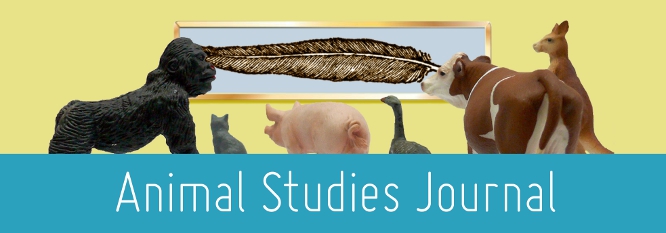Home > assh > ASJ > Vol. 10 (2021) > No. 1

Abstract
Through the Covid-19 pandemic and lockdowns, humans have been exposed to the threat that the exploitation and eating of animals poses to humanity and public health. It has also become obvious that animals want to and are willing to take up more space. In the relative absence of humans during lockdown, animal populations have spread out and some have entered cities and towns for the first time. At the same time, humans have chosen to bring animals into their domestic spaces in the form of companion animals in staggering numbers. The lockdown’s slowing of time has opened the possibility to cultivate our domestic space as habitable for other species. In this paper, I explore an emerging animal-human space and dwelling in the surge of interest in and process of re-homing chickens, the motivations underpinning this growth, and I trouble these ostensibly benevolent relationships. In the final part of this paper, I connect and contrast chicken re-homing with the ‘frontlines’ of intimate animal-human risky relationships of Covid-19 in the slaughterhouse. This paper thus argues that backyard rehoming of chickens has not lowered the labour demands on them and conversely, during Covid-19, the picking up of chicken-keeping as a response to human lockdown is not a subversion but an extension of the expectation of chicken labour.
Recommended Citation
Oliver, Catherine, Returning to 'The Good Life'? Chickens and Chicken-keeping during Covid-19 in Britain, Animal Studies Journal, 10(1), 2021, 114-139.Available at:https://ro.uow.edu.au/asj/vol10/iss1/8
Included in
Animal Studies Commons, Human Geography Commons, Nature and Society Relations Commons, Sociology Commons

